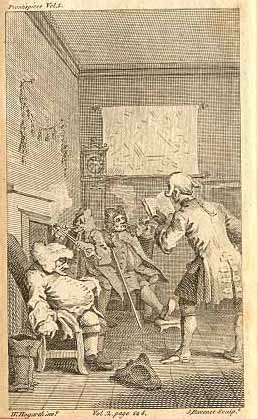 |
 |
||||||||||||||||||||||||||||||||||||||||||

 



 |
|||||||||||||||||||||||||||||||||||||||||||
|
|
|||||||||||||||||||||||||||||||||||||||||||
The highlight of the conference is the awarding of the Edna Steeves Prize for Best Graduate Student Paper. To apply for either (or both) of these awards, contact the current NEASECS President, Katherine Mannheimer, katherine.mannheimer@rochester.edu
Edna Steeves Prize for Best Graduate Student Paper The Edna Steeves Prize is an award of $500 for the best paper delivered by a graduate student at the Annual Meeting. This prize, established in 1994, honors the memory of the late Edna L. Steeves of the English Department at the University of Rhode Island, a founding member who served as Secretary-Treasurer of NEASECS from 1989 until her death in 1995. The winner of the prize is selected by an interdisciplinary committee appointed by the President of NEASECS. Rules for submission of papers for the prize are announced on the Annual Meeting web site and in the materials distributed for the Annual Meeting.
This paper argues for the centrality of the term “keepingâ€� to conceptions of novelistic sympathy in Mary Shelley’s Frankenstein. A painterly term that refers to an artist’s ability to distinguish between prominent and subordinate figures, keeping offers Shelley a model for aesthetically managed harmony. I engage with the term’s resonances with historically related terms, namely Hazlitt’s concept of gusto, to argue that Shelley employs keeping to elicit readerly sympathies. Because it is premised on a regulatory logic, keeping enables the novel to organize the relationships between various subjects—from characters to listeners to Shelley’s readers—so that each part becomes sympathetically legible. For example, while the Creature wants for keeping as Victor’s creation, the frame narratives regulate him so that readers can make him a sympathetic priority. In focusing on keeping, Martin situates Shelley in an aesthetic tradition that sees sympathy as a result of the artist’s own careful aesthetic management. This year Allison Cardon, SUNY Buffalo, received Honorable Mention for her paper “Pamela’s Complaint: Injury, Rights, and the Politics of Story.” Previous winners:
John H. O'Neill Bursaries The John H. O'Neill Bursaries are awards of up to $500 to graduate students to assist them with the cost of travel to the Annual Meeting. In 2002 the Society voted to name these bursaries in honor of John H. O'Neill of the English department of Hamilton College, who has served as editor of the NEASECS Newsletter since 1989. Up to six awards per year may be made. The chairs of the Annual Meeting decide to whom the awards are made. Graduate students who are presenting papers at the Annual Meeting and wish to apply for John H. O'Neill Bursaries should send their inquiries to the Annual Meeting chairs. For more information on the NEASECS Graduate Student Awards, contact: John O'Neill at joneill@hamilton.edu. |
|||||||||||||||||||||||||||||||||||||||||||

 The winner for 2018 is Kirsten Marten of Rutgers University for her paper "In Want of Keeping: Painting and the Sympathetic Imagination of Frankenstein"
The winner for 2018 is Kirsten Marten of Rutgers University for her paper "In Want of Keeping: Painting and the Sympathetic Imagination of Frankenstein"